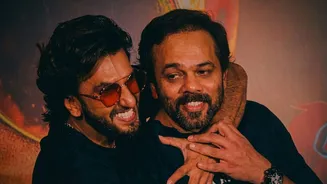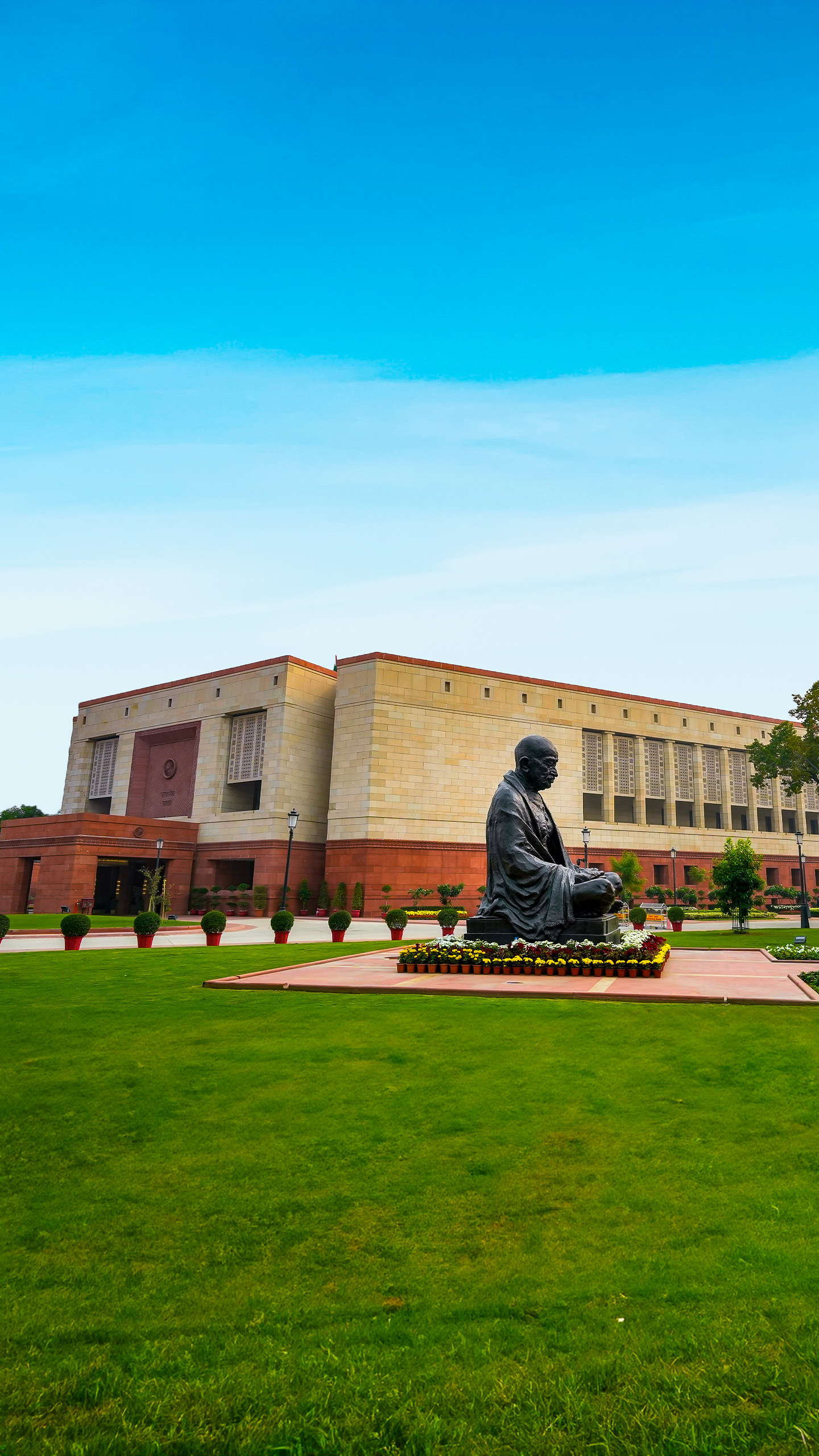Dandiya and Garba nights are among the most vibrant celebrations of Navratri, filled with music, energy, and hours of nonstop dancing. But in recent years, cases of sudden heart attacks during these festivities
have raised serious concerns. Prolonged high-intensity exertion, dehydration, and pre-existing heart conditions often create a dangerous mix, especially in crowded, poorly ventilated spaces. Many participants are unaware of underlying cardiac risks and ignore early warning signs amidst the festive excitement. Dr Haresh Mehta, Consultant Cardiologist, Cardiologist, P. D Hinduja Hospital and MRC Khar, shares essential precautions to ensure the joy of Garba remains safe for the heart.
1) Why Heart Attacks Happen During Garba
The combined effect of prolonged physical exertion, dehydration, and existing cardiac conditions creates a perfect storm. Garba involves constant, high-intensity movement for several hours, often in hot, crowded, and poorly ventilated spaces. Many participants may already have undiagnosed coronary artery disease, hypertension, or arrhythmias, which can become life-threatening under such stress. The festive environment often masks early warning signs.
2) Pre-Garba Medical Precautions
A simple cardiac screening is strongly advised, especially for those above 35 or with a family history of heart disease. This should include an ECG, blood pressure check, and blood sugar levels. If you have been inactive, do not suddenly engage in hours of strenuous dancing.
3) Importance of Warm-up
As with cardiac rehab patients, a proper warm-up is non-negotiable. Start with 10–15 minutes of gentle stretching and light cardio. This gradually raises your heart rate and prepares your cardiovascular system for more intense exertion.
4) Fluid Management
Dehydration significantly increases cardiac strain. Drink water every 15–20 minutes while dancing, not just when you feel thirsty. Avoid alcohol and high-caffeine drinks, which can trigger arrhythmias.
5) Rest and Sleep
Lack of sleep affects heart rhythm and blood pressure control. Ensure 7–8 hours of quality rest before participating. Combining fatigue with vigorous exercise is especially risky for the heart.
6) Know Your Limits
This is crucial medical advice: if you experience chest pain, unusual shortness of breath, dizziness, or palpitations, stop immediately. Do not dismiss these as normal effects of exertion—they may be warning signs of a cardiac problem.
7) Emergency Response
Chest pain during Garba requires immediate hospitalization. Do not delay or attempt self-treatment. Call emergency services or head straight to the nearest cardiac care facility.
8) High-Risk Individuals
Those with diabetes, hypertension, obesity, smoking habits, or a history of cardiac events must consult their cardiologist before participating. Certain medications may need adjustment during festival time.
9) Professional Recommendation
If you plan to participate extensively, especially over multiple days, consider undergoing a stress test. Most cardiac emergencies can be prevented with timely screening and the right precautions.
Additional Tips
Keep emergency numbers handy
Wear comfortable, breathable clothing
Take frequent breaks despite the excitement
Seek medical help immediately if any symptoms appear
Festivals are meant to be joyful, not tragic. With simple precautions, you can celebrate safely while protecting your heart health.













